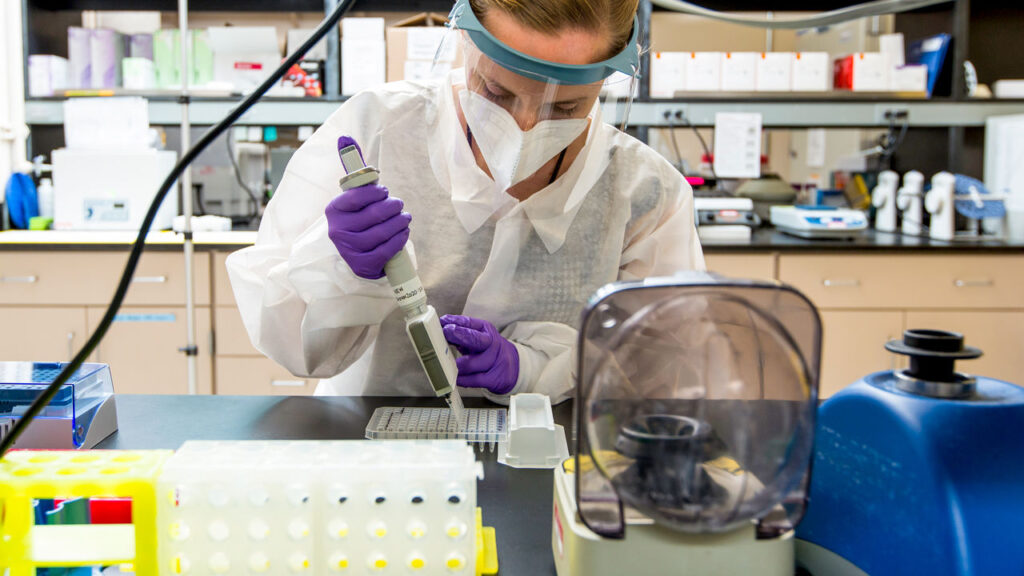When the U.S. government approved the Alzheimer’s disease drug aducanumab last month despite shaky evidence of clinical benefits, Suzanne Schindler saw an immediate consequence: “We’re going to have to do a lot more biomarker testing.” Schindler, a neurologist at the Washington University School of Medicine in St. Louis, expects many patients with memory problems will want to know whether they are eligible for the drug, the first meant to address the underlying disease process and slow cognitive decline. But a definitive diagnosis is expensive and time-consuming, involving a hunt for indicators of disease, or biomarkers, in patients’ spinal fluid or in positron emission tomography (PET) scans. “We simply don’t have the capacity” to do the tests on everyone potentially eligible for aducanumab, Schindler says.
Blood tests could help screen anticipated flood of patients seeking new Alzheimer’s drug

View Content